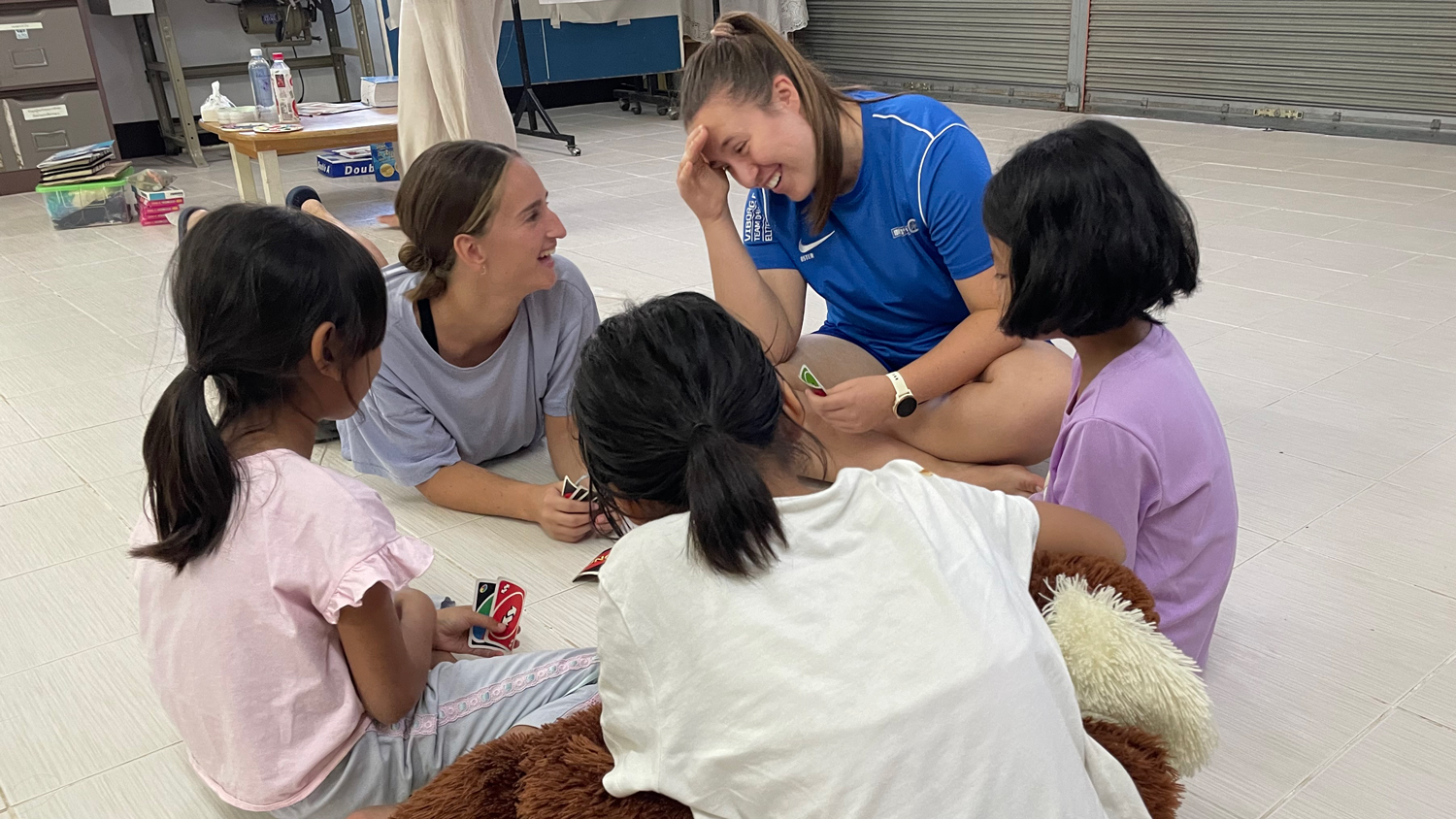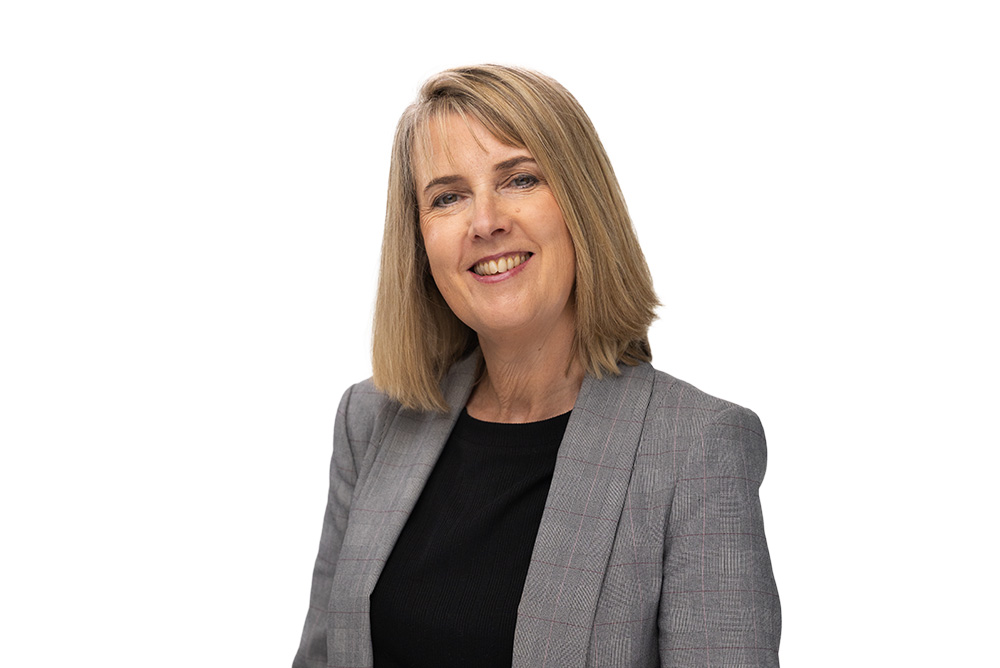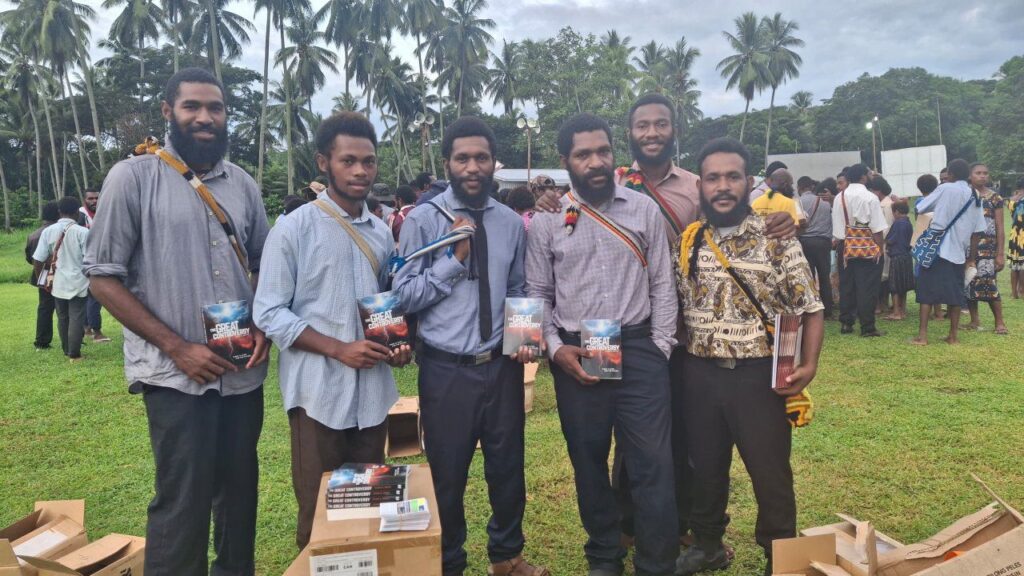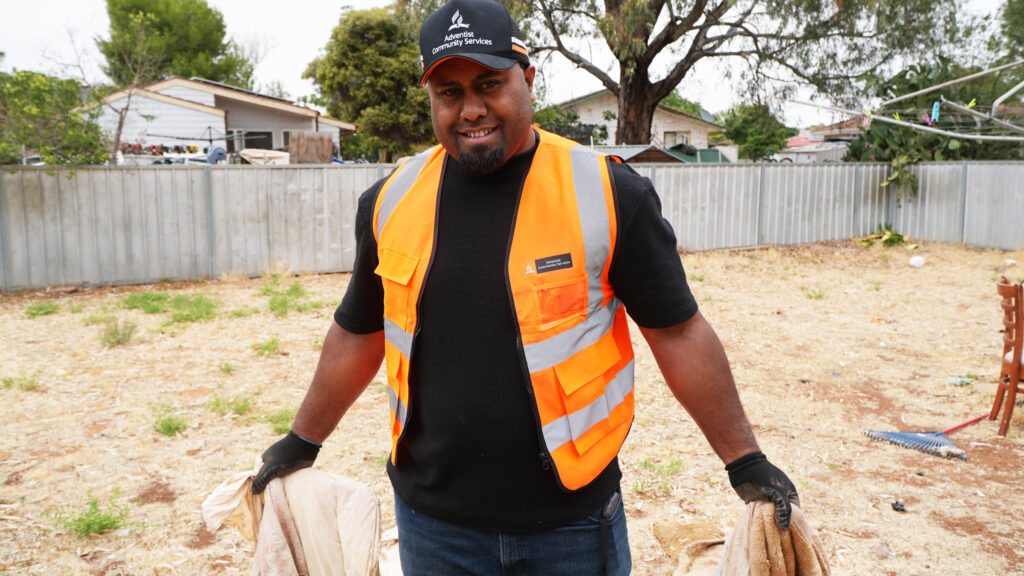A life-changing ADRA program continues to provide protection to vulnerable girls amidst the shadow of human trafficking in Thailand.
The “Keeping Girls Safe” program has been a beacon of hope for two decades, offering safety, education and the promise of a brighter future to girls at risk of being trafficked.
The program in its current form began under the leadership of Greg Young, now the director of ADRA South Pacific. At the time, he was the ADRA Thailand country director. Initially operating from a rented facility, the program is now run from a shelter in Chiang Rai funded and built by ADRA Norway.
“When we started, it was estimated that there were about 800,000 prostitutes in Thailand under 18 years of age, with 200,000 under the age of 12,” Mr Young explained. “Many came from ethnic minority groups in the highlands who had no income.
“People would visit the families offering ‘opportunities’ for the girls to return with them to the city as waitresses, nannies or housemaids, but the fact is they went into the sex industry, so we saw it as a huge problem.”
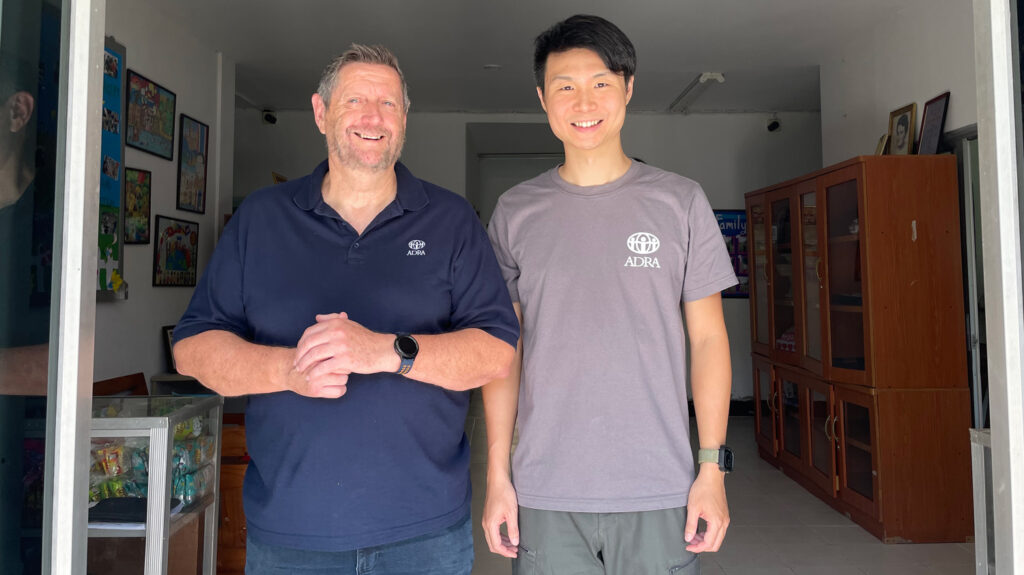
ADRA Thailand monitoring and evaluation officer Arthur Leung said the program supports girls as young as five up to 18. “These girls are not yet being trafficked, but there is a high potential for that to happen to them,” he said.
The girls are identified through reports from school teachers and the Thailand government social development department. For boys facing similar risks, ADRA partners with another shelter to ensure they receive support.
This year, 19 girls have received care at the shelter, with five successfully reunited with their families as their home situations improved. The shelter has the capacity to host 30 girls. They contribute to the shared life of the shelter by taking on responsibilities like cooking their meals and cleaning the facility on a roster system.
The program tackles one of the root causes of vulnerability: financial pressures. “Beyond the shelter, we also provide scholarships for children to help support their families,” Mr Leung said. “Human trafficking often happens because of financial strain.
“It’s best if the children can stay with their families,” he added. “If everything goes well, nobody should need to be here, but as long as it’s needed, we’ll provide help.”
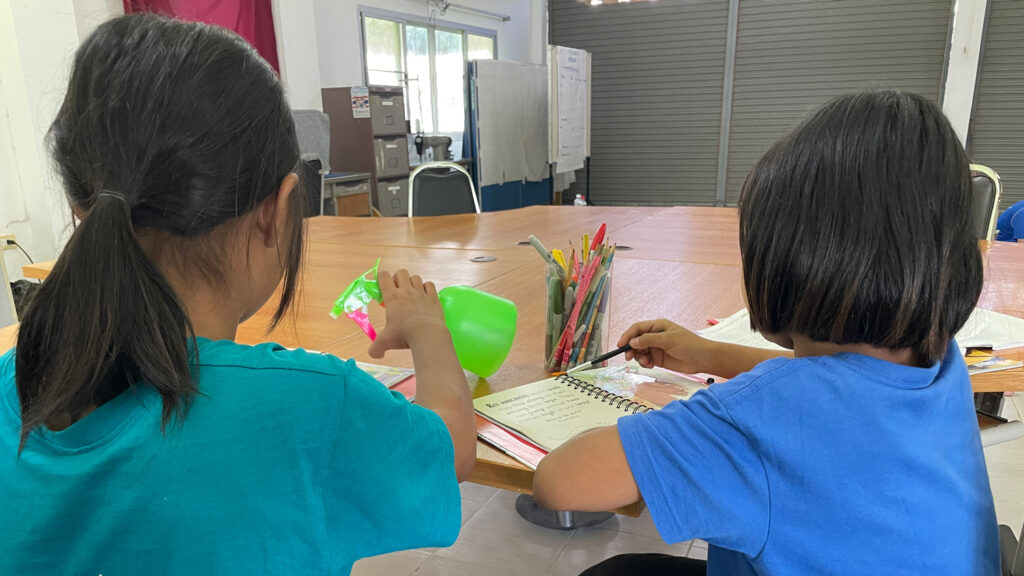
The program focuses not only on shelter care but also on community outreach and education. This includes training in schools on topics like online safety, addressing emerging risks for vulnerable children.
ADRA Thailand is also addressing systemic challenges faced by stateless people—displaced individuals on the Thailand-Myanmar border who lack identity documents. Statelessness leaves families unable to access essential government services like free education or healthcare, heightening their vulnerability to trafficking.
“We help parents secure citizenship so their children can also gain identity and access services,” Mr Leung explained. “When families become stable, they’re less likely to fall into the human trafficking loop.”
The program’s long-term impact is profound, with many former residents pursuing tertiary education and careers. One 17-year-old girl, who has lived in the shelter for 10 years, expressed her gratitude, saying through a translator, “Everything here is joyful.” She intends to study accountancy after leaving the shelter.
Reflecting on the program’s 20-year legacy, Mr Young said, “It was heartwarming to see that it is still making a difference in the lives of girls and has also moved ahead to evolve with the times. I believe it’s the longest running ADRA project in the world now.”
During the recent South Pacific Division year-end meetings in Chiang Mai, a group of Division Executive Committee members had the opportunity to visit the shelter and learn about its operation.
Terry Kessaris, a DEC member from Western Australia, said visiting the shelter was a “massive education for me”. “I was really touched not only by the girls’ circumstances but also by the love, care and safety provided for them,” she said.

